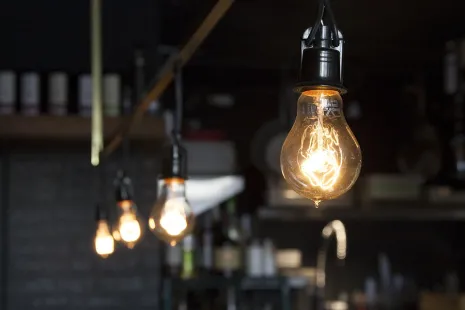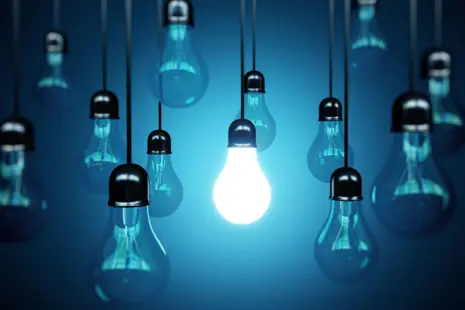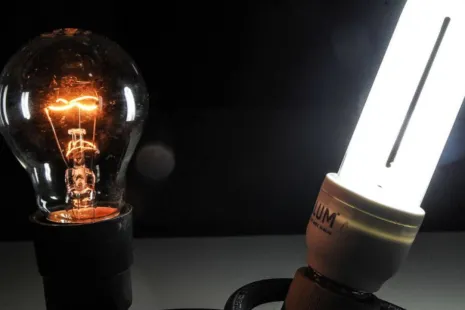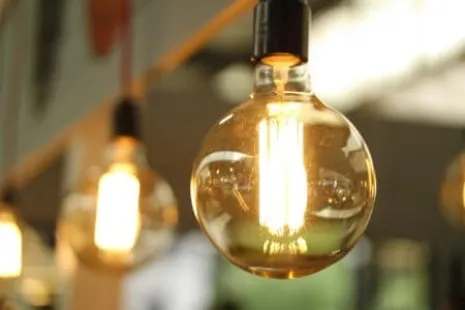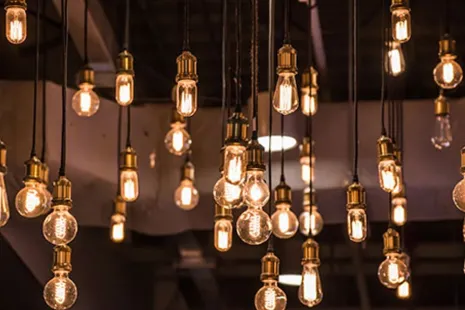Energy consumption of different types of bulbs
Added 22.3.2022 12:08.30
Energy has become significantly more expensive recently and unfortunately it doesn't look like it's going to get any cheaper. On the contrary. That's why more and more households are trying to minimize consumption to at least a somewhat acceptable level. And they are adapting their lighting choices accordingly. In today's article, you'll find out how much electricity each type of bulb consumes.

Some might argue that large appliances such as refrigerators, washing machines and heaters consume the most electricity, so saving on lighting costs does not make a significant difference to the overall cost.
He would, of course, be right to some extent, but our business is lighting. And that's why we'll give you advice on how to save money on it.
Every saving is good, right?
Over the course of a whole year, the difference can be significant.
So what is the electricity consumption of each type of bulb?
The answer can be found by comparing the wattage values. This shows how much electricity needs to be fed into the bulb to achieve the desired output. In layman's terms, the wattage is how much energy the bulb consumes in 1 hour of light.
Comparison of the wattage of different types of bulbs at the same luminous intensity
- Classic bulb - 60W
- Compact fluorescent lamp - 15W
- LED bulb - 8W
From the comparison of bulbs it is clearly visible that the classic bulb has the highest power consumption. On average it consumes 60 watts of electricity during an hour of light, converting only around 6% of this energy into light. The rest is converted into heat.
Although they are cheap and environmentally friendly, they shine at full power immediately after switching on and have a beautiful light colour and a wide range of temperatures, but apart from the high consumption already mentioned, they have a very low lifetime: 1 000 to 2 000 hours. Therefore, you would have to buy them often, change them and pay unnecessarily dearly for their illumination.
For this reason, this type of bulb is definitely not recommended for anyone who wants to minimise the total cost of lighting.
Compact fluorescent bulbs are in a different league.
They consume 15 watts per hour of light, so they are four times more economical than conventional bulbs.
In addition, they offer good colour rendering, a long lifetime (10,000 to 15,000 hours) and are also suitable for outdoors. However, they are relatively expensive, contain mercury which means they have to be disposed of as hazardous waste, and have a very slow light onset, for which you have to wait at least 30 seconds. In addition, turning them off and on shortens their lifespan. They are particularly useful where you need to light for longer periods of time.
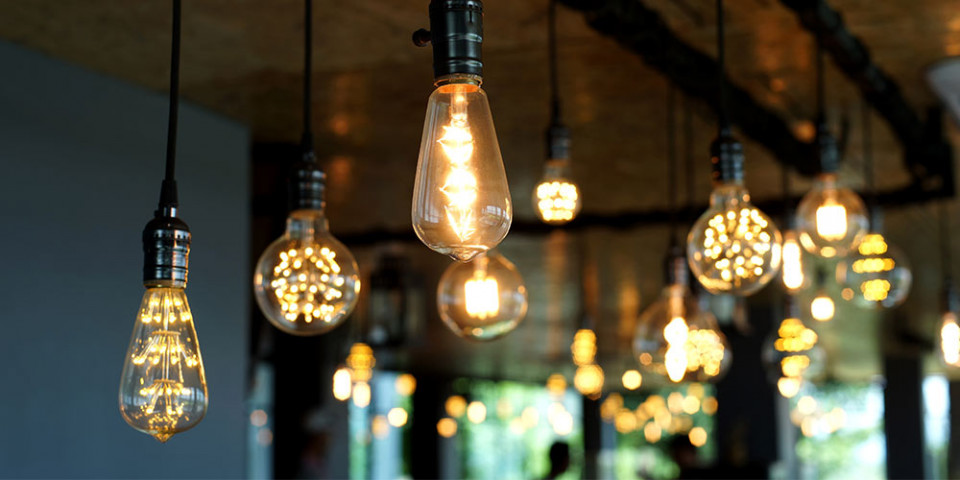
LED bulbs are therefore the most economical, consuming only about 8 watts for 1 hour of light. This is 44% less energy than fluorescent lamps. And they are almost 8 times more efficient than conventional bulbs.
LED bulbs are currently the most popular bulbs for crystal chandeliers and pendant lights. Low consumption is far from their only advantage. They have safe operation, instant onset of light and a lifetime of up to 25,000 hours. The only disadvantage is the high purchase price, but this investment is clearly worthwhile in the long run.
We are here for you
Now you know how much electricity each type of bulb consumes. Are you still curious about the differences in luminous intensity? The answer can be found in our previous article. Need some advice? Contact us. We will be happy to help you. Together we will tune your home to the light tones that suit you best. And they won't consume more energy than is strictly necessary.






































